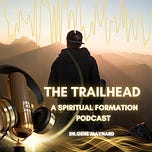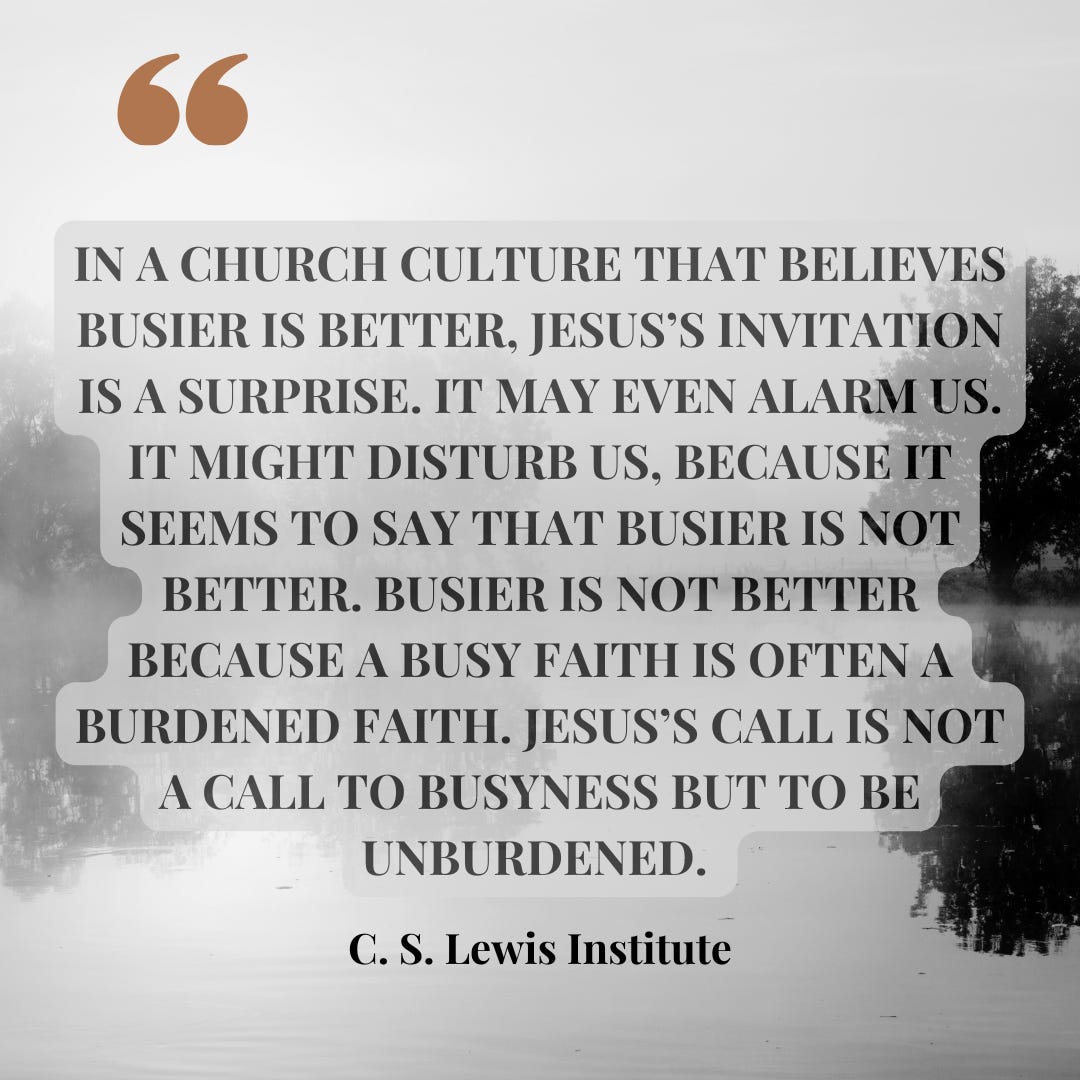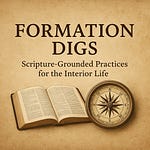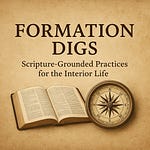Imagine Being…
…part of a people group who had been enslaved to an oppressive regime for 400 years. Their entire memory bank was filled with images of exhaustion. Generation after generation had known nothing but long hours of toil, sixteen, eighteen, twenty hours of work a day. The next day, those who had the strength to rise from their floor of their hovel repeated the labor. Day after day. Decade after decade. Generation and generation. One century turning into two centuries, then three, then four. Their enslaved condition had deleted all memories of days off, vacation, weekends at the beach, a delicious night of rest and relaxation. Their lives ended when they no longer had the strength to get up each morning, toe the line for the body count, and pick up their tool to toil at their assigned task. Over time they had been reduced to nothing more than a beast of burden.
Every culture has had stories of enslavement. Some had been the enslavers. Others have been the enslaved. In the story above, the Hebrews were the enslaved and the Egyptians were the enslavers. And then, after those awful 400 years, God used Moses to liberate the bodies of the enslaved Hebrew people. But the work of liberation was just beginning. Bodies had been freed from being beasts of burden. But minds and souls were still enslaved. They had no memory of rest. The language of rest had been deleted from their vocabulary. The practice of rest had been lost long ago. If you were God—thankfully we’re not!!—what would you do? Here’s what God did: embedded right in the middle of the Ten Great Words—the 10 Commandments—is the word, “sabbath.” Rest. Take a break. Every seven days. It’s what God does. (See Genesis 2:1) Building a lifestyle of integrity is important: see commandments #5-10. Honoring God is important: see commandments #1-3. Building a rhythm of rest into your life is important: see commandment #4. In this one word about rest, God has restored a rhythm of rest to the Hebrew imagination, vocabulary, and lifestyle.
In the readings for Eucharist-O, you’ll see how Jesus embraces rest and makes it central to his invitation to people still living lives burdened by many things.
An Invitation to Give Thanks to God for Rest!
The more I explore the landscape of spiritual formation, I increasingly recognize the significance of converting what we know into action. So today, I’m taking a rest. I’ve pre-recorded this podcast so that I can let my body, mind, imagination, spirit, and soul be unburdened by an unending list of things to do. Whether today is your day of rest or not, I am inviting you to make the action of giving thanks a part of your day. This practice, which I have named Eucharist-O, is a playful adaptation of the Greek word eucharisteo, used by the gospel writer Luke to describe what Jesus did during the last supper with his companions. Before he made the ultimate sacrifice for our spiritual freedom, he took bread and eucharisteo — he expressed his thanks. This is your chance to practice the natural and profound way Jesus embodied gratitude, unaffected by the trials he faced.
The rhythm of this practice is simple:
First, a centering word about thankfulness and gratefulness
Second, a centering scripture
Third, an invitation to be still for a few moments before returning to the day’s activities.
Thank you for reading! I sense your hunger for a deeper life with Jesus and appreciate all who support, subscribe, and share this independent endeavor with friends and family. If you haven’t already — please consider subscribing and gifting a subscription to someone who would enjoy it.
The Eucharist-O for Thursday, November 14, 2024
First: A Centering Word
What to do: read the words from a lecture by John Koessler at the C. W. Lewis Institute three or four times. Pause and breath between each reading. Pay attention to what draws your attention. What are you seeing? What are you believing? What are you doubting?
Next: Read Matthew 11:28-30
What to do: Read the scripture words three or four times. Read slowly. Pause between reading. Pay attention to what is stirring inside of you. What are you seeing? What are you believing? What are you doubting? What are you feeling? What questions are being raised?
Next: Be Still
What to do: Before returning to your full day, sit in stillness for a few moments. Your soul and imagination were possibly drawn to a word by from the C. S. Lewis Institute or by Jesus, the giver of rest. Perhaps you were drawn to a moment in your life where you regret not being thankful. Maybe you were drawn to a situation that seemed too hard for you. Wherever you were drawn, be there for a few moments. Pay attention to the stirrings deep within, the questions that are forming, the words that want to be spoken. Give your soul the gift of a few moments of stillness to let memories, questions, words, and prayers form.
Before returning to your day, let what is stirring inside become a conversation with God. The conversation, whatever its mood, is a form of prayer and communication with God who has been waiting for this moment all day.

















Share this post